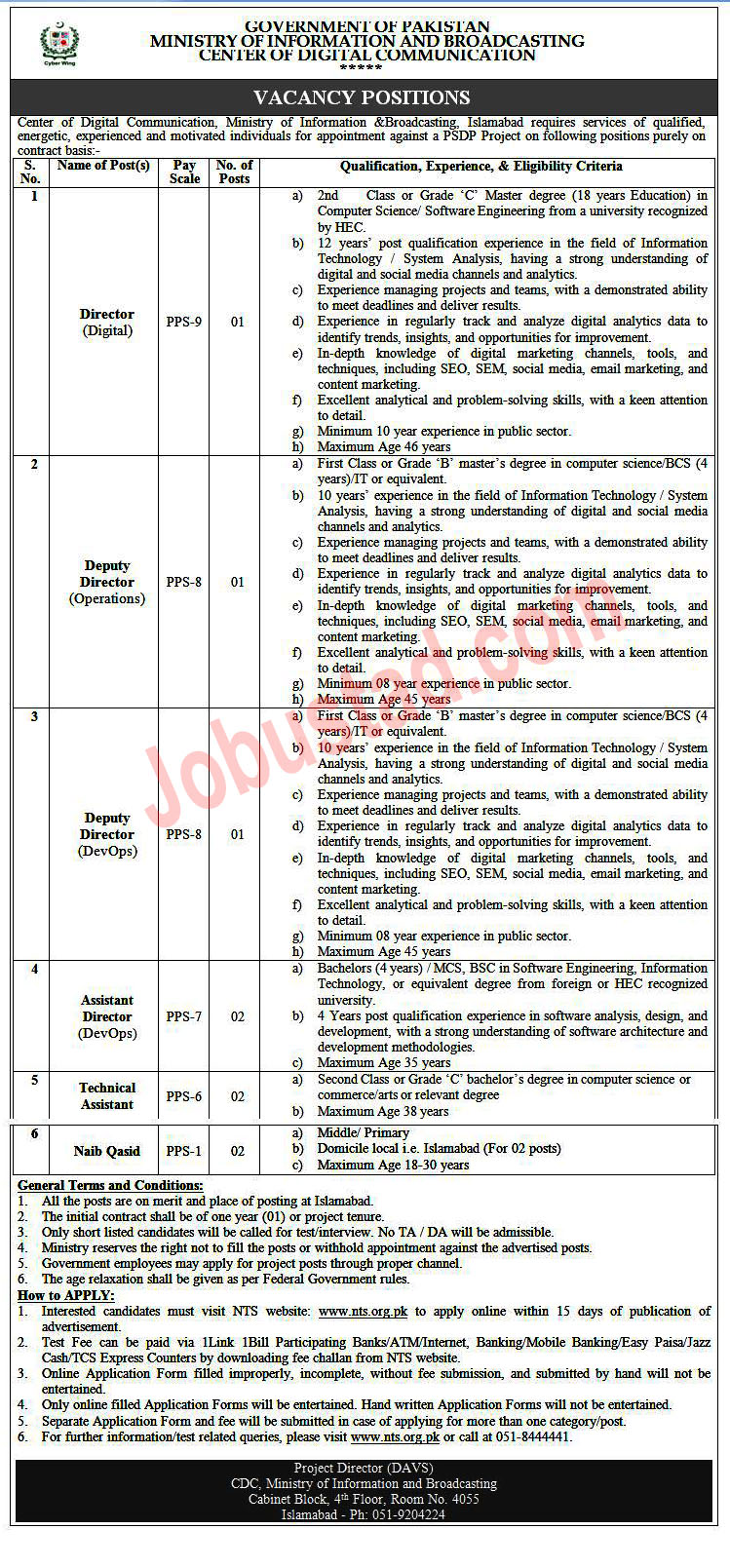Pet Me Dard Hwa New Story
Introduction
Credit cards can be incredibly useful financial tools, providing rewards, building credit, and offering a flexible payment option. However, with hundreds of options available, selecting the best one can be challenging. This guide will help you navigate the key considerations in choosing the best credit card for your needs, which could save you thousands of dollars and significantly impact your financial health.
1. Understand Your Financial Goals
- Why You Need a Credit Card: Start by defining the primary reason you want a credit card. Are you interested in earning rewards, building your credit, or seeking a low-interest card for balance transfers?
- Short-Term vs. Long-Term Goals: Your needs may change over time, so it’s wise to evaluate if the card fits both your current and future financial goals.

2. Compare Rewards Programs
- Cash Back Rewards: Many credit cards offer cash back on purchases, which can be ideal if you prefer simplicity. Look for cards that offer high cash-back percentages on everyday purchases, like groceries or gas.
- Travel Rewards: Travel cards offer points or miles redeemable for flights, hotels, and more. Some popular travel cards include airline-specific cards and general travel cards with transferable points.
- Points-Based Cards: These cards let you earn points for every dollar spent, redeemable for various goods, services, or even cash back.
High-CPC Tip: Include specific high-CPC keywords here like “best cash back credit cards,” “top travel rewards cards,” or “best points credit card.”
3. Evaluate Interest Rates and Fees
- Annual Percentage Rate (APR): Look for a card with a low APR if you anticipate carrying a balance. For those who pay their balance in full each month, the APR may be less of a priority.
- Annual Fees: Some high-rewards cards charge annual fees but offer enough benefits to justify the cost. Many basic cards come with no annual fee, making them ideal for budget-conscious users.
- Foreign Transaction Fees: If you travel internationally, look for a card with no foreign transaction fees to avoid extra charges on overseas purchases.
High-CPC Keywords: Use terms like “low-interest credit cards,” “credit cards with no annual fee,” and “best credit card for travel with no foreign transaction fees.”
4. Check for Introductory Offers and Sign-Up Bonuses
- Introductory 0% APR Offers: Some cards provide a 0% APR on purchases or balance transfers for an introductory period. This can be beneficial if you plan to make a large purchase and pay it off interest-free over time.
- Sign-Up Bonuses: Many cards offer lucrative sign-up bonuses. Typically, these bonuses require you to spend a certain amount within the first few months. These bonuses can offer significant rewards like cash back, points, or travel miles.
High-CPC Keywords: Include “0% APR credit card offers,” “best credit card sign-up bonuses,” and “highest credit card rewards.”
5. Consider the Credit Card Issuer’s Reputation and Customer Service
- Customer Support: Reliable customer support is crucial, especially if you face issues such as fraud or disputed charges.
- Credit Card Security: Look for cards with advanced security features, such as fraud protection, card-locking capabilities, and purchase protection.
Keywords: “best credit card issuers,” “credit card fraud protection,” and “top-rated customer service credit card” are good CPC keywords for this section.
6. Analyze Additional Perks and Benefits
- Travel Insurance and Protections: Some cards offer free travel insurance, lost baggage insurance, and emergency assistance, making them ideal for frequent travelers.
- Extended Warranties: Many cards offer extended warranties on purchases, which can be valuable if you frequently buy electronics or appliances.
- Purchase Protection: Some cards offer protection against theft or damage on purchases made with the card, adding an extra layer of security.
High-CPC Keywords: “credit cards with travel insurance,” “credit cards with extended warranty,” and “best credit cards with purchase protection.”
7. Apply Responsibly
- Avoid Over-Applying: Every application results in a hard inquiry on your credit report, which can temporarily lower your credit score.
- Know Your Credit Score Requirements: Many premium rewards cards require a good to excellent credit score (usually above 700), so knowing your score can save you from unnecessary rejections.
- Review the Terms and Conditions Carefully: Each card comes with unique terms, so be sure to read the fine print to avoid unexpected fees or charges.
Conclusion
Choosing the best credit card requires thoughtful evaluation of your financial situation, spending habits, and long-term goals. Whether you prioritize rewards, low fees, or additional perks, there’s likely a credit card that suits your needs. By taking time to compare options and understand the associated terms, you can find a credit card that aligns with your financial goals and maximizes your benefits.


